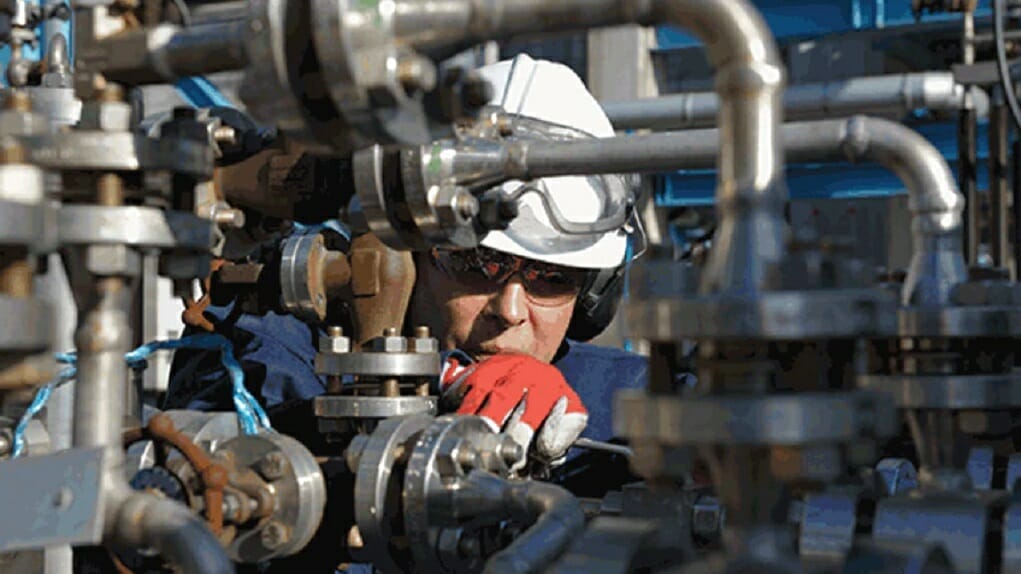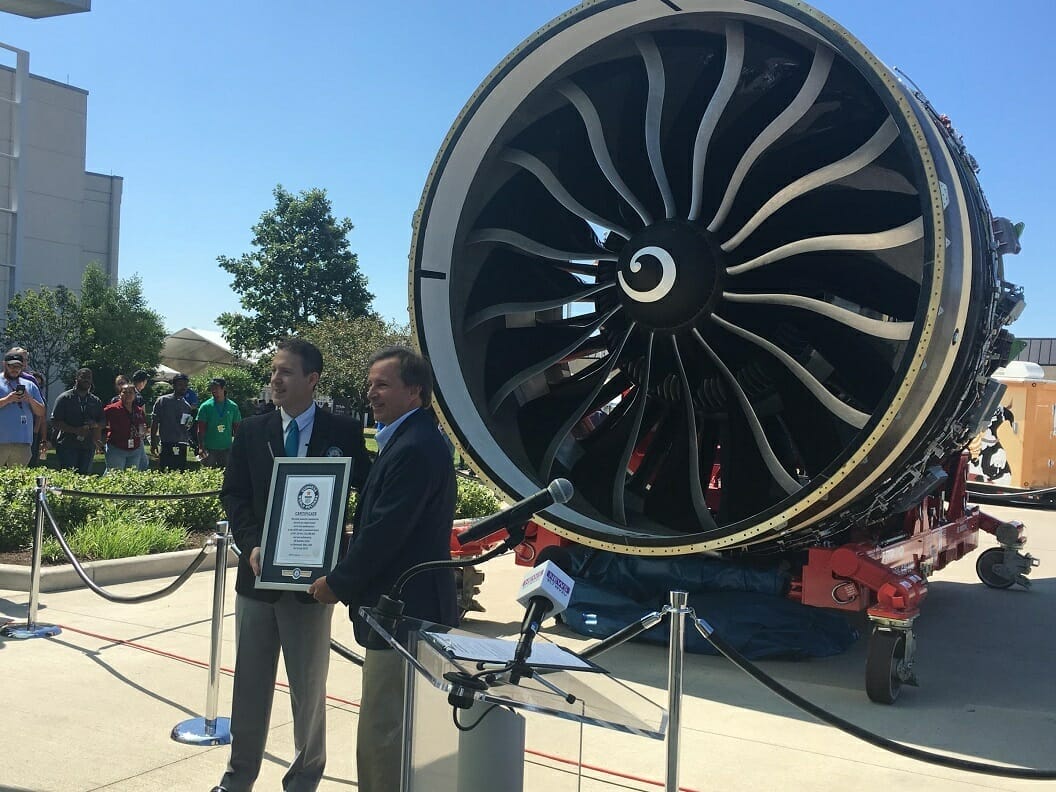Mechanical engineers are crucial in driving innovation and efficiency across diverse industries in the Philippines. One of the key tasks that mechanical engineers do is designing and developing mechanical systems and products. From creating detailed blueprints to utilizing advanced software for simulations and analysis, these professionals are at the forefront of turning ideas into tangible solutions. In the construction sector, mechanical engineers play a vital role in ensuring that buildings are equipped with efficient heating, ventilation, and air conditioning (HVAC) systems that provide comfort and sustainability.
Moreover, mechanical engineers in the automotive industry focus on optimizing vehicle performance and safety through continuous research and development. They are responsible for designing components, conducting performance tests, and improving fuel efficiency to meet stringent regulations and consumer demands. In the manufacturing sector, mechanical engineers play a critical role in overseeing the production process, from designing automated machinery to troubleshooting issues on the factory floor. Their expertise in optimizing workflows and enhancing productivity is instrumental in driving the growth of various industries in the Philippines.
Overview of Mechanical Engineering in the Philippines
Mechanical engineering is vital in the Philippine industry, contributing to various sectors such as manufacturing, construction, energy, and transportation. The significance of mechanical engineering in the country lies in its ability to design, develop, and maintain machinery and mechanical systems that drive economic growth and technological advancement. Mechanical engineers in the Philippines are involved in creating innovative solutions to improve efficiency, reduce costs, and enhance productivity in different industries. They play a crucial role in ensuring the smooth operation of mechanical systems, from small components to large-scale machinery, making them indispensable to the development and progress of the Philippine economy.
To become a mechanical engineer in the Philippines, individuals must complete a bachelor’s degree in mechanical engineering from a recognized university or institution. After obtaining their degree, aspiring mechanical engineers must pass the licensure examination conducted by the Professional Regulation Commission (PRC) to practice legally in the country. Once licensed, mechanical engineers do various tasks, including designing, testing, and manufacturing mechanical systems, conducting research and development projects, providing technical support, and overseeing maintenance and repair activities. Career prospects for mechanical engineers in the Philippines are promising, with opportunities in various industries such as automotive, aerospace, energy, and manufacturing, offering competitive salaries and opportunities for professional growth and advancement.

1. Compliance and Regulations: What Mechanical Engineers Do
Key points about what Filipino mechanical engineers do at work:
- Ensuring compliance with safety regulations and environmental standards in mechanical engineering projects.
- Collaborating with regulatory bodies to adhere to legal requirements and certifications.
Mechanical engineers in Metro Manila are crucial in ensuring compliance with safety regulations and environmental standards in various engineering projects. By staying up-to-date with the latest regulations and standards, mechanical engineers can design and implement projects prioritizing safety and sustainability. Collaborating with regulatory bodies is essential for mechanical engineers to navigate the complex legal requirements and certifications landscape. By working closely with these bodies, engineers can ensure that their projects meet all necessary criteria and maintain high compliance throughout the design and implementation process.
Mechanical engineers do more than just design innovative solutions; they also take on the responsibility of ensuring that their projects meet all relevant compliance standards. This involves conducting thorough research, coordinating with regulatory bodies, and implementing necessary measures to adhere to legal requirements. By integrating compliance considerations into their work from the outset, mechanical engineers can mitigate risks, protect the environment, and contribute to the overall success of their projects.
2. Design and Development are What Mechanical Engineers Do
Key points about what Filipino mechanical engineers do at work:
- Conceptualizing, designing, and developing mechanical systems and components.
- Utilizing CAD software and other tools to create detailed engineering designs.
Filipino mechanical engineers are crucial in conceptualizing, designing, and developing various mechanical systems and components. Their expertise translates ideas into tangible products by applying mechanics, thermodynamics, and materials science the principles. By utilizing their in-depth knowledge and skills, mechanical engineers bring innovative solutions, whether designing a new automotive engine, optimizing a manufacturing process, or creating efficient HVAC systems. In essence, mechanical engineers bring together creativity and technical proficiency to transform concepts into functional and reliable products that improve our daily lives.
In their daily work, mechanical engineers rely heavily on CAD software and other advanced tools to create detailed engineering designs with precision and accuracy. These tools enable them to visualize concepts in a digital environment, analyze potential issues, and optimize performance before physical prototypes are even built. By leveraging technology and software, mechanical engineers can streamline the design process, iterate rapidly, and ensure that their solutions meet the highest standards of quality and efficiency. Ultimately, what mechanical engineers do is harness the power of modern tools and techniques to push the boundaries of innovation and drive progress in a wide range of industries.
3. Analysis and Testing are What Mechanical Engineers Do
Key points about what Filipino mechanical engineers do at work:
- Conducting stress analysis and simulations to ensure the structural integrity of mechanical designs.
- Performing testing and evaluations to assess the performance and efficiency of mechanical systems.
Pinoy mechanical engineers play a crucial role in ensuring the reliability and safety of various mechanical designs. One key task is conducting stress analysis and simulations to validate the structural integrity of components and systems. By utilizing advanced software tools and techniques, they can assess how different forces and loads impact the materials and geometry of a design, helping to optimize its performance and durability. This meticulous analysis is essential for preventing failures and malfunctions in critical applications such as aerospace, automotive, and industrial machinery.
In addition to analysis, another vital aspect of what mechanical engineers do is performing testing and evaluations on mechanical systems. They can evaluate the performance, efficiency, and functionality of different components and assemblies through rigorous testing procedures. By collecting and analyzing test data, mechanical engineers can identify areas for improvement and make informed decisions to enhance the overall design. This iterative process of testing and refining is crucial for ensuring that mechanical systems meet the required specifications and standards for reliability and performance.
4. Project Management is What Mechanical Engineers Do
Key points about what Filipino mechanical engineers do at work:
- Overseeing project timelines, budgets, and resources for mechanical engineering projects.
- Collaborating with cross-functional teams to ensure project deliverables are met.
Filipino mechanical engineers play a vital role in project management within their field. They oversee project timelines, budgets, and resources to ensure that mechanical engineering projects are completed successfully. By leveraging their technical expertise and analytical skills, mechanical engineers can effectively plan and execute project tasks to meet set objectives. They also play a key role in risk management, identifying potential challenges and proactively developing strategies to mitigate them. In essence, project management is what mechanical engineers do best, as they bring a unique blend of technical knowledge and project management skills to ensure the successful completion of engineering projects.
Moreover, mechanical engineers collaborate closely with cross-functional teams to facilitate communication and coordination throughout the project lifecycle. By working alongside professionals from different disciplines, they can leverage diverse perspectives and expertise to drive innovation and problem-solving. This collaborative approach ensures that project deliverables are met on time and within budget, meeting stakeholders’ expectations. Overall, the ability to work effectively with cross-functional teams is a crucial aspect of what mechanical engineers do in project management, as it enables them to harness collective strengths and achieve project success through collaboration and teamwork.
5. Maintenance and Troubleshooting are What Mechanical Engineers Do
Key points about what Filipino mechanical engineers do at work:
- Implementing maintenance schedules and protocols to ensure equipment and machinery operate efficiently.
- Troubleshooting mechanical issues and proposing solutions to optimize performance.
Write 2 paragraphs and insert the keyword “mechanical engineers do”
Pinoy mechanical engineers play a crucial role in ensuring the smooth operation of equipment and machinery by implementing maintenance schedules and protocols. By meticulously planning and executing maintenance tasks, mechanical engineers can prevent unexpected breakdowns and minimize downtime. This proactive approach helps extend the equipment’s lifespan and ensure optimal performance. In addition, mechanical engineers regularly inspect, lubricate, and repair machinery to keep it running efficiently. Overall, maintenance is a fundamental task that mechanical engineers do to uphold the reliability and functionality of mechanical systems.
When mechanical issues arise, mechanical engineers’ expertise comes into play. These professionals are skilled at troubleshooting problems and identifying root causes to propose effective solutions. By analyzing performance metrics and conducting tests, mechanical engineers can diagnose issues accurately and recommend adjustments or repairs to enhance the system’s performance. Through their problem-solving abilities and technical knowledge, mechanical engineers play a vital role in optimizing the functionality of equipment and machinery. Troubleshooting mechanical issues is another essential task that mechanical engineers do to uphold operational efficiency.
6. Quality Control and Assurance are What Mechanical Engineers Do
Key points about what Filipino mechanical engineers do at work:
- Implementing quality control measures to uphold industry standards and regulations.
- Conducting inspections and audits to ensure compliance with quality assurance protocols.
Filipino mechanical engineers play a crucial role in ensuring the quality and reliability of products and systems. One of their key responsibilities is implementing quality control measures to uphold industry standards and regulations. By carefully designing and implementing quality control processes, mechanical engineers can identify potential issues early in the manufacturing process, improving product performance and customer satisfaction. Additionally, mechanical engineers conduct inspections and audits to ensure compliance with quality assurance protocols, which helps detect deviations from the set standards and promptly take corrective action.
In mechanical engineering, maintaining high levels of quality control and assurance is essential to guarantee the safety and efficiency of the products being developed. Filipino mechanical engineers do this by continuously monitoring and evaluating processes to identify areas for improvement and ensure that all products meet the required quality standards. Through thorough testing and analysis, mechanical engineers can identify potential weaknesses and make necessary adjustments to enhance mechanical systems’ overall performance and reliability. By focusing on quality control and assurance, mechanical engineers contribute to the overall success and reputation of the products they design and manufacture.
7. Research and Development is What Mechanical Engineers Do
Key points about what Filipino mechanical engineers do at work:
- Engaging in research activities to innovate and improve mechanical technologies.
- Keeping abreast of industry trends and advancements will enhance professional knowledge.
Pinoy mechanical engineers are crucial in advancing technological innovations through their dedication to research and development. Engaging in research activities is at the core of what mechanical engineers do, as they strive to push the boundaries of existing technologies and create new solutions to complex engineering challenges. By exploring new concepts and experimenting with cutting-edge designs, mechanical engineers drive progress in various industries, from automotive to aerospace.
Furthermore, mechanical engineers constantly stay informed about industry trends and advancements to excel in their field. Keeping abreast of the latest technological developments is essential for enhancing their professional knowledge and staying competitive in a rapidly evolving landscape. By actively seeking new information and insights, mechanical engineers can leverage emerging technologies to improve project efficiency, sustainability, and performance. This proactive approach benefits individual engineers and contributes to the overall advancement of the mechanical engineering field.
Parting Thoughts: What Mechanical Engineers Do at Their Work?
Filipino mechanical engineers play a crucial role in various industries using their design, analysis, maintenance, and compliance expertise. These professionals are responsible for developing innovative solutions to complex problems, ensuring the efficiency and reliability of mechanical systems. Whether designing new products, conducting performance analysis, or overseeing maintenance procedures, mechanical engineers bring a unique blend of technical skills and creativity.
In addition to their technical responsibilities, mechanical engineers collaborate with multidisciplinary teams to implement sustainable practices and drive continuous improvement in processes and products. By staying abreast of the latest technological advancements and industry trends, mechanical engineers contribute to their organization’s overall growth and success. Overall, the diverse tasks that mechanical engineers do demonstrate their integral role in shaping the future of engineering and driving progress in the Philippines and beyond.











